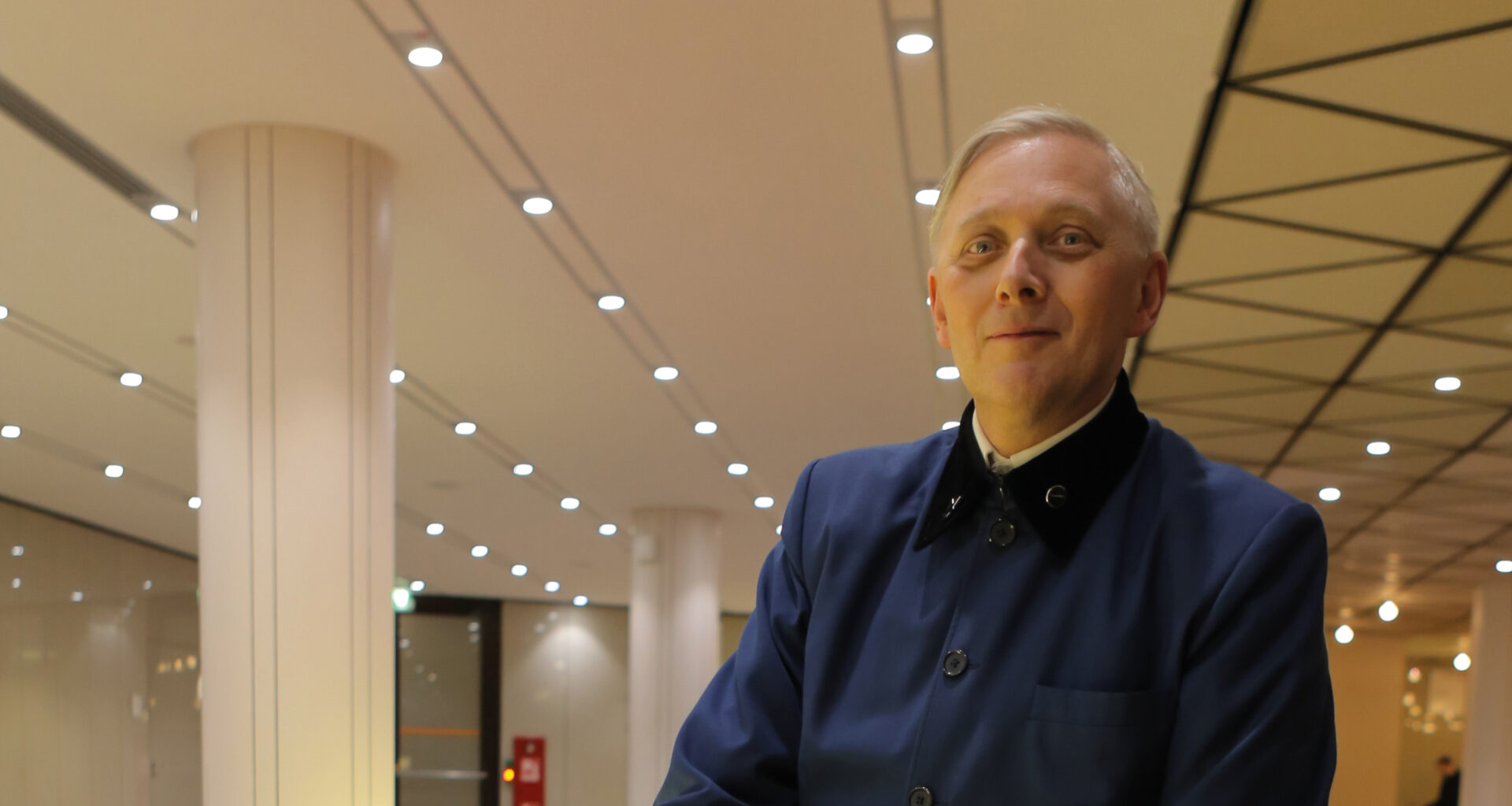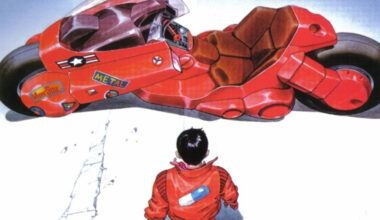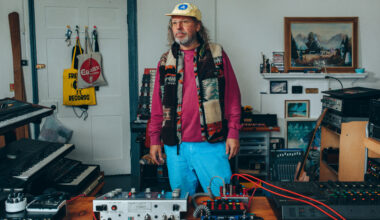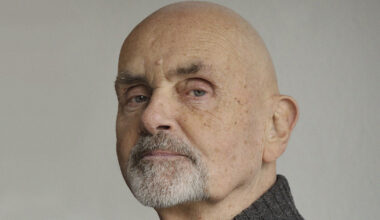Mark Reeder is one of the many intriguing characters to have emerged from the outrageously fertile Manchester music scene of the late 1970s. Here he talks about New Order, his life in Berlin, the art of the remix
Mark Reeder began his music career with a brief stint in The Frantic Elevators alongside Mick Hucknall, before leaving Manchester in 1978 and hitchhiking to Berlin, where he remains to this day. He became Factory Records’ de facto Berlin outpost and booked Joy Division’s first gig there, a few months before Ian Curtis’ death.
Reeder managed German bands such as Malaria! and Die Toten Hosen, while his own electronic outfit, Die Unbekannten (The Unknown), released a couple of singles, renamed themselves Shark Vegas, and put out electro classic ‘You Hurt Me’ on Factory, a record produced by Bernard Sumner at Conny Plank’s studio in Cologne.
As the reunification of Germany got under way, Mark Reeder established MFS Records, the hugely respected trance label, and launched the career of superstar DJ Paul Van Dyk. He has also produced and remixed the likes of New Order, Depeche Mode, the Pet Shop Boys and Westbam, among many others. His next album, ‘Mauerstadt’, is due for release this summer.
Can you tell us a little about the title track of your new album?
“I initially recorded a version of it for a scene in my film, ‘B-Movie: Lust And Sound In West Berlin’, which is about my experiences in 1980s West Berlin. I wanted to give the track a simple, dystopian, DAF-ish kind of feeling by using just a modular synth arpeggiator, a growling bass guitar, and thrashing drums. There’s also a ‘Happy Birthday’ sample from Knut Hoffmeister’s super 8 film about the Berlin Wall’s 25th birthday party, where everyone is so obviously totally out of it and it sounds really funny.”
Our German is shocking, but what does ‘Mauerstadt’ mean? Is it a kind of defensive wall?
“Did you use Google Translate for that!? It means ‘walled city’. It’s the only lyric of the track, that one word, with different intonations, and it’s repeated over and over so it becomes more like an instrument. The idea was to describe what Berlin was like in a single word and it’s what we used to call the city during the 80s.”
What was Berlin like while the Wall was still in place?
“Most people can’t imagine what it’s like to live in a place surrounded by a bloody big wall. It was the most overt statement of division. For those on the other side, it was supposedly to protect them from their so-called enemy, from the evils of capitalism and fascism. The communist East Germans called it the anti-fascist protection wall. Of course, the theme of division has recently become fashionable again and I wanted to draw attention to the word with this song, so that’s why I’ve called the album ‘Mauerstadt’. It’s not just about the Berlin Wall, it is about the walls in people’s heads and the futility of building barriers to try to keep your adversaries in or out.”
Why did you head for Berlin when you left Manchester in 1978?
“I was working in a little record shop and I experienced the start of the punk rock explosion first hand, but it was over very quickly. It soon became a parody of itself, with over-commercial rubbish like Plastic Bertrand. Besides, I was into synthesiser music and Germany had loads of it. Bowie had finished ‘Low’ and made ‘Heroes’ in Berlin, so I thought I’d go there, buy a few krautrock records, and see what the city was all about. I never left.”
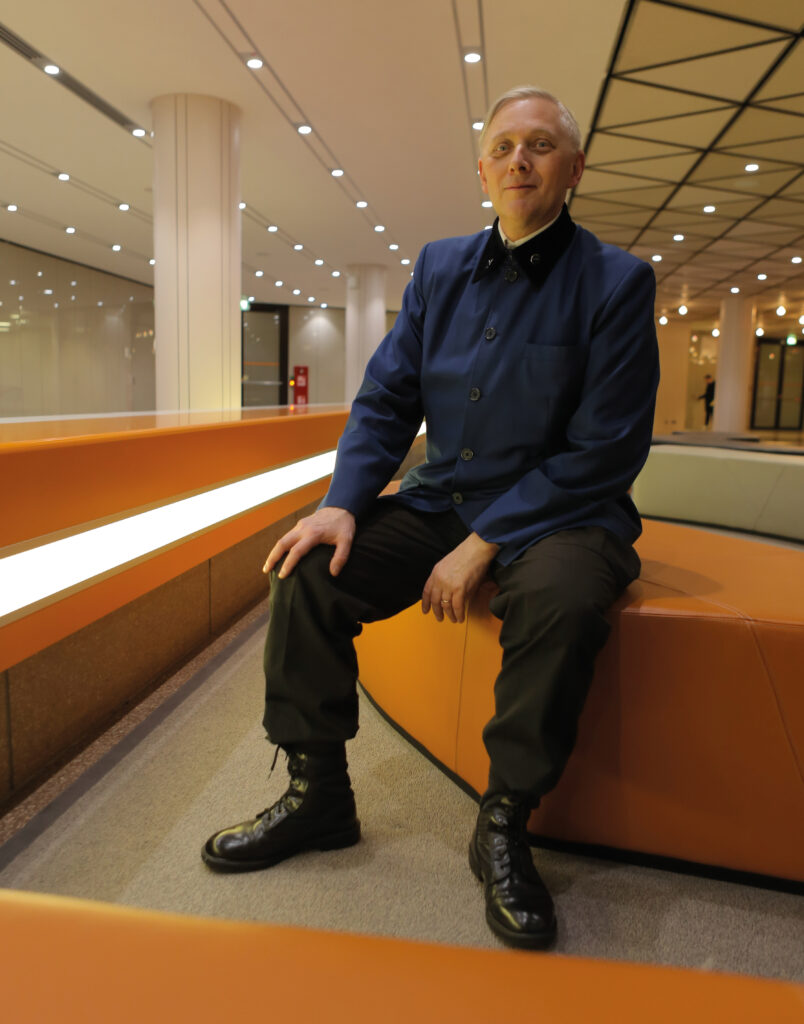
How did you land the job of running Factory’s German office?
“Well, firstly there was no office, it was all done from my shabby little flat in Kreuzberg! Once I’d moved to Berlin, Rob Gretton asked me if I could try to promote Joy Division’s ‘An Ideal For Living’ 12-inch out here. I thought Joy Division were brilliant and believed they would be welcomed with open arms in Berlin, as their music fitted perfectly with this derelict city. In actual fact, no one was remotely interested. Then Tony Wilson started Factory and I automatically became Factory’s ‘representative’ in Germany. Tony wanted me to start up Factory Deutschland, but typically wasn’t prepared to invest any money into it, so it never happened. Years later, he told me he thought it looked really good on paper: Factory Records – Manchester, Brussels, New York, Berlin.”
Can you remember the first time you saw New Order?
“I’ve known them since Joy Division, but the first time I saw New Order as a band was when they played at the SO36 club in Berlin in May 1981.”
Bernard Sumner produced your band Shark Vegas, didn’t he? How was he to work with?
“He produced ‘You Hurt Me’, a single that Alistair Gray and I originally wrote when we were still known as Die Unbekannten. We didn’t perform it live until our European tour with New Order in 1984, which is also when we changed our name to Shark Vegas. Tony, Rob and Bernard all really liked our demo, so we took the 16-track tape with us on tour so Bernard could mix it properly at Conny Plank’s legendary studio in Cologne during a few days off. The session didn’t go quite as planned, though. Conny Plank played ping-pong with his kids outside and Dave the studio engineer had to lie in front of the mixing desk on a specially constructed bed because he was suffering from a slipped disc. He shouted his instructions to Bernard in between screams of agony. The end result was nothing like any of us really wanted!”
And now the tables have turned and you have remixed several tracks from New Order’s ‘Music Complete’ album. Have you remixed the band before?
“No, the mixes I did from ‘Music Complete’ are the first time I have worked with them in this way. We’d actually never thought about it before. I remixed Bad Lieutenant, though, which was basically New Order with Jake Evans.”
Is it a bit of a nervous wait once you’ve delivered a remix?
“I have to admit it is rather nerve-racking. I certainly don’t mind if an artist has a constructive comment to make, but then again it is my interpretation of their song and I have made it in such a way as to fit my musical idea. If people take the trouble to contact me, they usually say quite nice things. The negative comments are usually found on uploads like YouTube, where people can pour out their vicious loathing behind a mask of anonymity. One person said my remix of Bad Lieutenant’s ‘Sink Or Swim’ sounded like I’d recorded it with GarageBand. He said that he could do better and wondered why the band hadn’t asked him! As for my New Order remixes, the band loved them. Phil Cunningham told me my remix of ‘Academic’ was exactly how he had imagined it to be originally.”
Which side of the Electronic Sound single should people listen to first? Your New Order remix or your own track?
“I imagine they will play the New Order side first, out of curiosity.”
